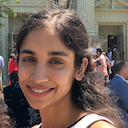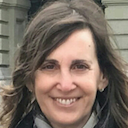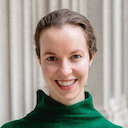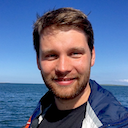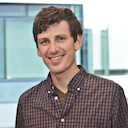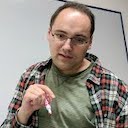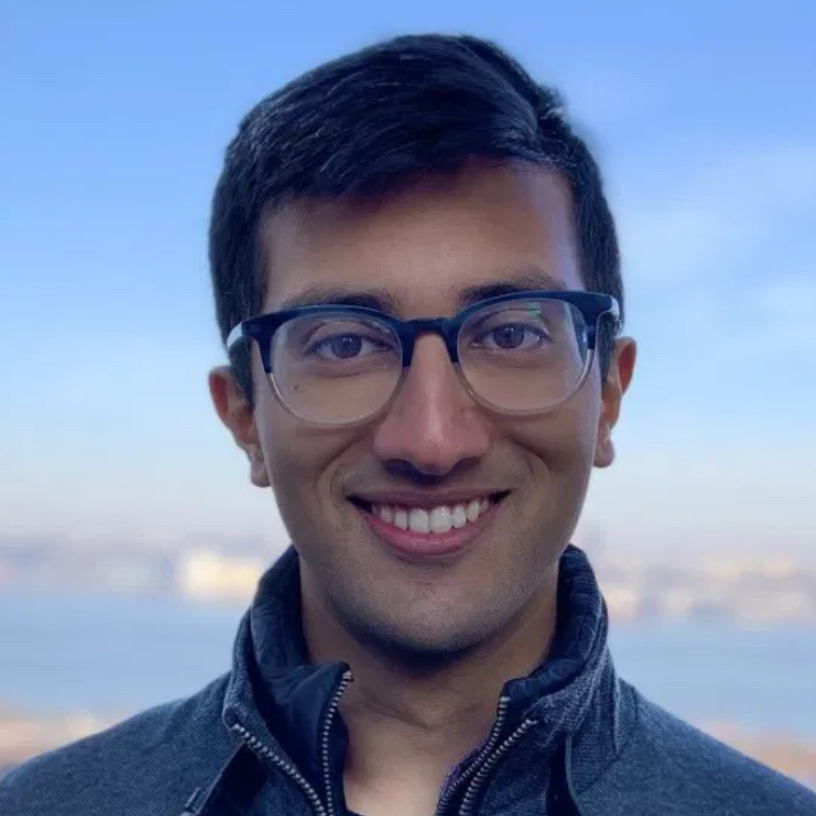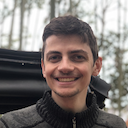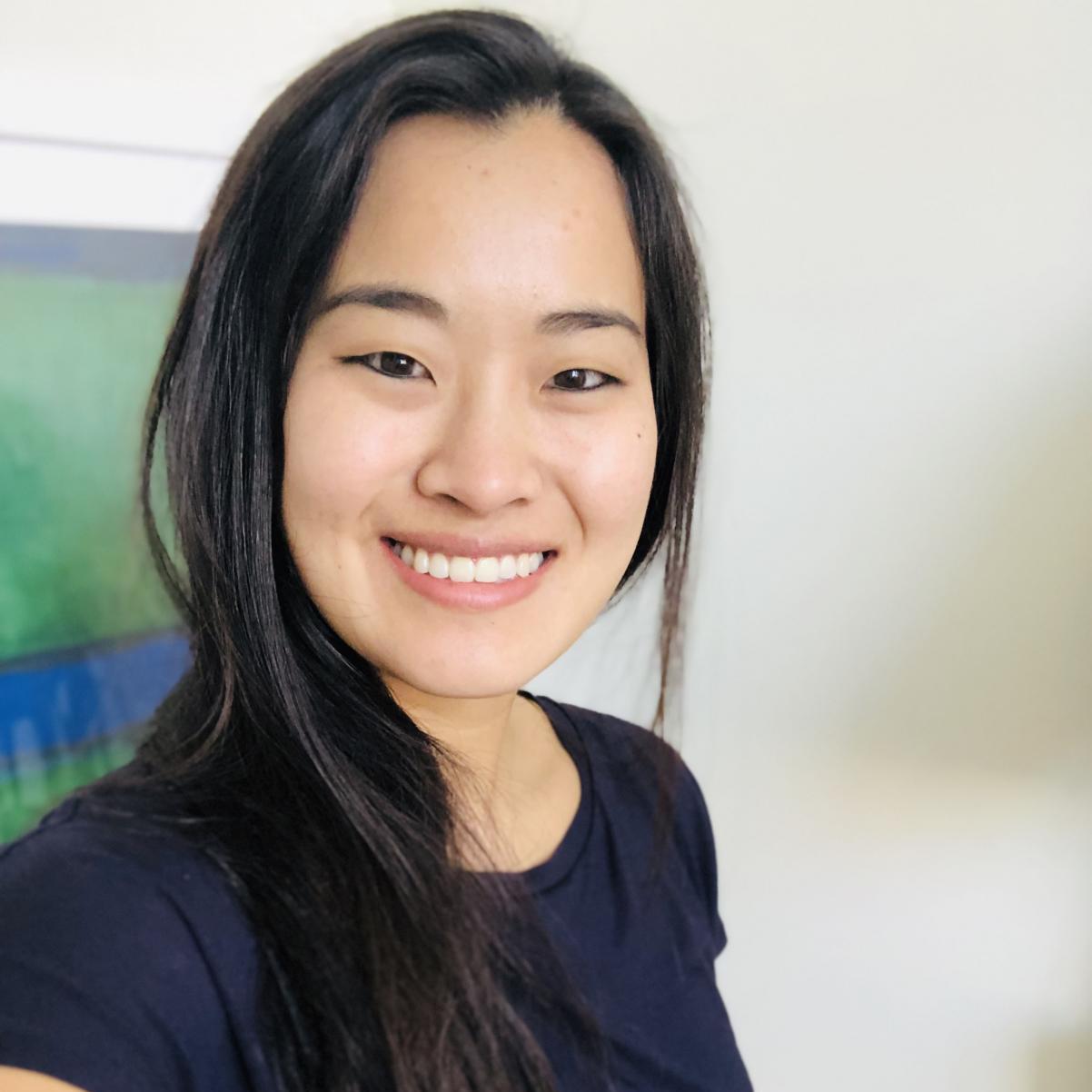Structural biology, the study of proteins and other biomolecules through their 3D structures, is a field on the cusp of transformation. While measuring and interpreting biomolecular structures has traditionally been an expensive and difficult endeavor, recent machine-learning based modeling approaches have shown that it will become routine to predict and reason about structure at proteome scales with unprecedented atomic resolution. This broad liberation of 3D structure within bioscience and biomedicine will likely have transformative impacts on our ability to create effective medicines, to understand and engineer biology, and to design new molecular materials and machinery. Machine learning also shows great promise to continue to revolutionize many core technical problems in structural biology, including protein design, modelling protein dynamics, predicting higher order complexes, and integrating learning with experimental structure determination.
At this inflection point, we hope that the Machine Learning in Structural Biology (MLSB) workshop will help bring community and direction to this rising field. To achieve these goals, this workshop will bring together researchers from a unique and diverse set of domains, including core machine learning, computational biology, experimental structural biology, geometric deep learning, and natural language processing.
To attend the MLSB workshop talks, poster sessions, and virtual hangouts, register for the main NeurIPS conference at neurips.cc.
We welcome submissions of short papers leveraging machine learning to address problems in structural biology, including but not limited to:
We request anonymized PDF submissions by
Friday, September 17th Friday, October 1st, 2021, 11:59PM in the timezone of your choice through our submission website on CMT.
Papers should present novel work that has not been previously accepted at an archival venue at the time of submission. Submissions should be a maximum of 4 pages (excluding references and appendices) in PDF format and fully anonymized as per the requirements of NeurIPS. We request use of the NeurIPS style files. Submissions meeting these criteria will go through a light, double-blind review process. Reviewer comments will be returned to the authors as feedback.
Accepted papers will be invited to present a poster at the virtual workshop, with nominations of spotlight talks at the discretion of the organizers. This workshop is considered non-archival and does not publish proceedings, however authors of accepted contributions will have the option to make their work available through the workshop website. Presentation of work that is concurrently in submission is welcome.
Submission Deadline: Friday, September 17th Friday, October 1st, 2021, 11:59 PM, Anywhere on Earth.
Notification of Acceptance: Friday, October 22nd, 2021.
Workshop Date: Monday, December 13th, 2021.
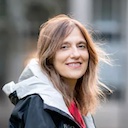
Professor of Computer Science at Massachusetts Institute of Technology.
Show/Hide Bio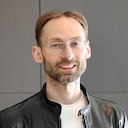
Professor of Machine Learning at Imperial College London and Head of Graph Learning at Twitter.
Show/Hide Bio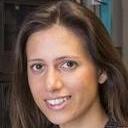
Faculty in Chemistry at University of Cambridge and Research Scientist at Google.
Show/Hide Bio
Director in Chemical Biology at Novartis Institutes for BioMedical Research.
Show/Hide Bio| 09:00 | Opening Remarks | |||
|---|---|---|---|---|
| 09:10 | Invited Talk - Michael Bronstein | |||
| 09:20 | ||||
| 09:30 | Invited Talk - Cecilia Clementi | |||
| 09:40 | ||||
| 09:50 | Invited Talk - Lucy Colwell | |||
| 10:00 | ||||
| 10:10 | Contributed Talk: Structure-aware generation of drug-like molecules (Pavol Drotar, Arian R. Jamasb, Ben J. Day, Catalina Cangea, Pietro Lió) | |||
| 10:20 | Contributed Talk: Learning physics confers pose-sensitivity in structure-based virtual screening (Pawel Gniewek, Bradley Worley, Kate Stafford, Brandon Anderson, Henry van den Bedem) | |||
| 10:30 | Contributed Talk: Inferring a Continuous Distribution of Atom Coordinates from Cryo-EM Images using VAEs (Dan Rosenbaum, Marta Garnelo, Michal Zielinski, Charlie Beattie, Ellen Clancy, Andrea Huber, Pushmeet Kohli, Andrew Senior, John Jumper, Carl Doersch, S. M. Ali Eslami, Olaf Ronneberger, Jonas Adler) | |||
| 10:40 | Contributed Talk: Weakly Supervised Learning for Joint Image Denoising and Protein Localization in Cryo-EM (Qinwen Huang, Alberto Bartesaghi, Ye Zhou, Hsuan-fu Liu) | |||
| 10:50 | Keynote - John Jumper: Highly accurate protein structure prediction with AlphaFold | |||
| 11:00 | ||||
| 11:10 | ||||
| 11:20 | ||||
| 11:30 | Poster Session Held on gather.town | |||
| 11:40 | ||||
| 11:50 | ||||
| 12:00 | ||||
| 12:10 | ||||
| 12:20 | ||||
| 12:30 | Panel
Discussion John Jumper, Jane Richardson, Cecelia Clementi, Lucy Colwell, Derek Lowe | |||
| 12:40 | ||||
| 12:50 | ||||
| 01:00 | ||||
| 01:10 | ||||
| 01:20 | ||||
| 01:30 | Keynote - Jane Richardson: The Very Early Days of Structural Biology before ML | |||
|---|---|---|---|---|
| 01:40 | ||||
| 01:50 | ||||
| 02:00 | ||||
| 02:10 | Break | |||
| 02:20 | Contributed Talk: Predicting cryptic pocket opening from protein structures using graph neural networks (Artur Meller, Michael Ward, Meghana Kshirsagar, Felipe Oviedo Perhavec, Jonathan Borowsky, Juan M Lavista Ferres, Greg Bowman) | |||
| 02:30 | Contributed Talk: End-to-end learning of multiple sequence alignments with differentiable Smith-Waterman (Samantha Petti, Nicholas Bhattacharya, Roshan Rao, Justas Dauparas, Neil Thomas, Juannan Zhou, Alexander Rush, Peter K. Koo, Sergey Ovchinnikov) | |||
| 02:40 | Contributed Talk: Function-guided protein design by deep manifold sampling (Vladimir Gligorijevic, Stephen Ra, Daniel Berenberg, Richard Bonneau, Kyunghyun Cho) | |||
| 02:50 | Contributed Talk: Deciphering antibody affinity maturation with language models and weakly supervised learning (Jeffrey A. Ruffolo, Jeffrey Gray, Jeremias Sulam) | |||
| 03:00 | Contributed Talk: Deep generative models create new and diverse protein structures (Zeming Lin, Tom Sercu, Alexander Rives) | |||
| 03:10 | Poster Session Held on gather.town | |||
| 03:20 | ||||
| 03:30 | ||||
| 03:40 | ||||
| 03:50 | ||||
| 04:00 | ||||
| 04:10 | Invited Talk - Derek Lowe | |||
| 04:20 | ||||
| 04:30 | Invited Talk - Regina Barzilay | |||
| 04:40 | ||||
| 04:50 | Invited Talk - Amy Keating | |||
| 05:00 | ||||
| 05:10 | Closing Remarks | |||
| 05:20 | Social Hour Held on gather.town | |||
Simple End-to-end Deep Learning Model for CDR-H3 Loop Structure Prediction
MOLUCINATE: A Generative Model for Molecules in 3D Space
Predicting cryptic pocket opening from protein structures using graph neural networks
Active site sequence representation of human kinases outperforms full sequence for affinity prediction
Interpretable Pairwise Distillations for Generative Protein Sequence Models
Dock2D: Toy datasets for the molecular recognition problem
Inferring a Continuous Distribution of Atom Coordinates from Cryo-EM Images using VAEs
Studying signal peptides with attention neural networks informs cleavage site predictions
Protein sequence sampling and prediction from structural data
Structure-aware generation of drug-like molecules
Turning high-throughput structural biology into predictive drug design
DLA-Ranker: Evaluating protein docking conformations with many locally oriented cubes
Predicting single-point mutational effect on protein stability
Exploring ∆∆G prediction with Siamese Networks
Residue characterization on AlphaFold2 protein structures using graph neural networks
A kernel for continuously relaxed, discrete Bayesian optimization of protein sequences
Deciphering antibody affinity maturation with language models and weakly supervised learning
HelixGAN: A bidirectional Generative Adversarial Network with search in latent space for generation under constraints
Weakly Supervised Learning for Joint Image Denoising and Protein Localization in Cryo-EM
Deep generative models create new and diverse protein structures
Adapting protein language models for rapid DTI prediction
Generative Language Modeling for Antibody Design
End-to-end learning of multiple sequence alignments with differentiable Smith-Waterman
TERMinator: A Neural Framework for Structure-Based Protein Design using Tertiary Repeating Motifs
Learning physics confers pose-sensitivity in structure-based virtual screening
MSA-Conditioned Generative Protein Language Models for Fitness Landscape Modelling and Design
Real-valued Sidechain Dihedrals Prediction Using Relation-Shape Convolution
AutoFoldFinder: An Automated Adaptive Optimization Toolkit for De Novo Protein Fold Design
Function-guided protein design by deep manifold sampling
